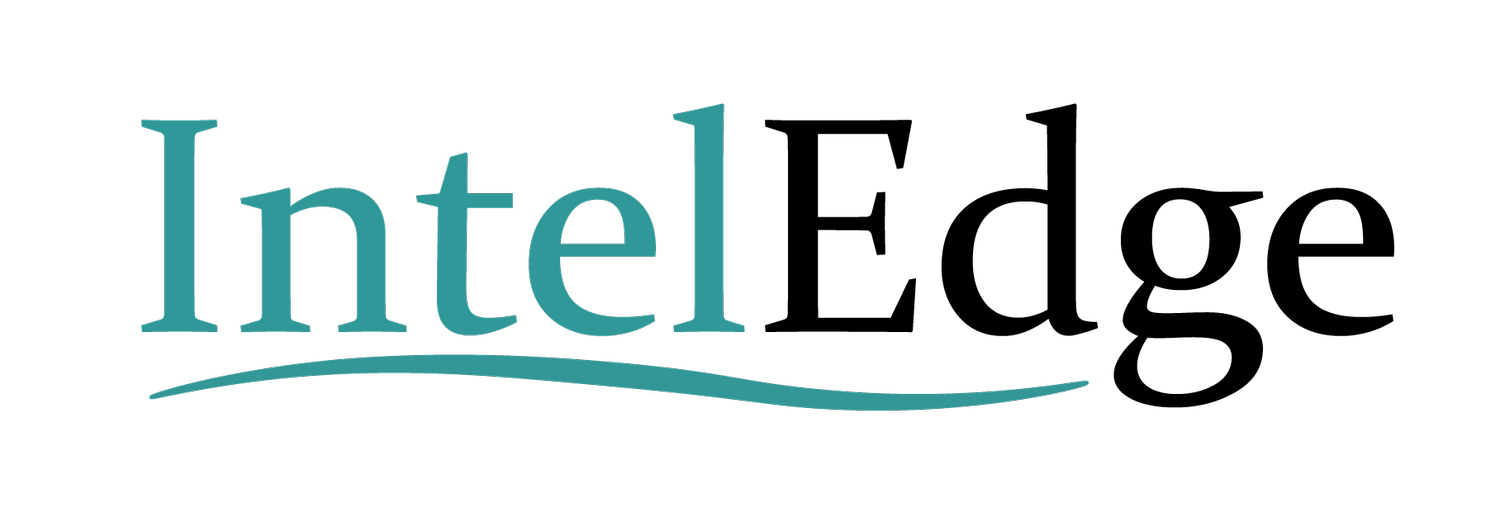Enhancing Security Posture: Exploring All Options for Mature Operations
Corporations and governments shouldn’t need more reminders about keeping their data safe from cyber threats. But following the recent cyberattack on the Canadian Armed Forces' website, they have another:
“The website for the Canadian Armed Forces was temporarily disabled on Wednesday, as pro-India hackers took responsibility for the cyberattack.
In a statement to The Globe and Mail, Daniel Le Bouthillier, head of media relations at the Department of National Defence, said the “disruption” started at about noon, “but was rectified later that afternoon.” Some desktop users could still access the website, while most mobile devices could not.
The incident occurred on a site that is “separate and isolated” from the Government of Canada and the Department of National Defence’s public websites and internal networks, Mr. Le Bouthillier said. “We have no indication of broader impacts to our systems,” he added, without providing further details.”
Our sympathies go out to the admins of the Canadian Armed Forces’ website. The incident nonetheless goes to show the extent to which organizations, even those in the defense industry, expose themselves daily to unforeseen risks that leave them vulnerable to exploitation from competitors, hackers, and other malicious actors.
When talking abut cyber attacks, it’s hard for us not to come off as alarmists and fear-mongers. But it’s damn naive for organizations to think that they’re not at the whim of bad actors who, should inspiration or financial incentive ever strike, target their network for a point of entry and attempt reconnaissance and intrusions targeting email servers, file servers and remote access to harm the organization.
Making maters worse, new and dangerous exploits and vulnerabilities are developed on a frequent basis (whenever you lose count, just ask us — we keep an active tab on each one).
Better security shouldn’t be a long-term goal
Maintaining a mature security posture means staying up-to-date remain vigilant and receptive to new technology and tradecraft. To help with this, at IntelEdge, we always stress that enhancing security doesn't mean replacing one vendor with another. It's about integrating new technology and tradecraft to bolster existing services.
That’s why we’ve perfected our security offerings to fortify an organization’s existing defenses. Not throw them to the curb. Our tradecraft and technology for OSINT research, powered by big data and neural networks, play a pivotal role in this endeavor.
Here’s how our technology, tradecraft, and expertise can be applied atop your existing security operations:
Cyber Threat Intelligence (CTI): IntelEdge's CTI services employ deceptive servers to divert hacker attention from your actual infrastructure. This delivers highly specific threat intelligence on attackers' tactics, allowing for targeted network hardening.
IntelEdge sets up "lookalike" servers to divert hacker attention from your actual infrastructure.
Provides highly specific threat intelligence on how attackers are trying to breach your organization.
Utilizes false trails and "bait" documents to refine knowledge of attackers' techniques.
Enables better network defense and protection against adversaries.
Vulnerability Management (VM): IntelEdge monitors disclosed vulnerabilities and criminal hacking activities, alerting you only to threats relevant to your specific network, enabling precise resource allocation.
Monitors newly disclosed software vulnerabilities and criminal hacking activities.
Alerts you about specific vulnerabilities threatening your organization.
Facilitates prioritized patching, migration, and resource allocation.
Manages resources efficiently based on actual threats.
Advanced Information Defense (AID): IntelEdge's AID scans uncover potentially exploited metadata and document track changes, preventing inadvertent data leaks, crucial in safeguarding sensitive company information.
Identifies information leaks from metadata and document track changes.
Uncovers proprietary data in Office and PDF documents.
Addresses potential exploitation by competitors and malicious actors.
Enhances awareness of data exposure risks.
Account Security Monitoring and Alerting (ASMA): With an increasing number of personnel working remotely, IntelEdge monitors personal accounts for potential breaches, preventing them from becoming corporate security risks, ensuring a comprehensive approach to safeguarding online profiles.
Monitors online accounts, particularly for remote personnel.
Identifies breaches of personal data that could impact corporate security.
Watches for data breaches and leaks indicating threats to your online profile.
Includes monitoring for immediate family members for comprehensive security.
Don't wait for a breach to contact us for help – contact IntelEdge to add new dimensions to your security posture today.
